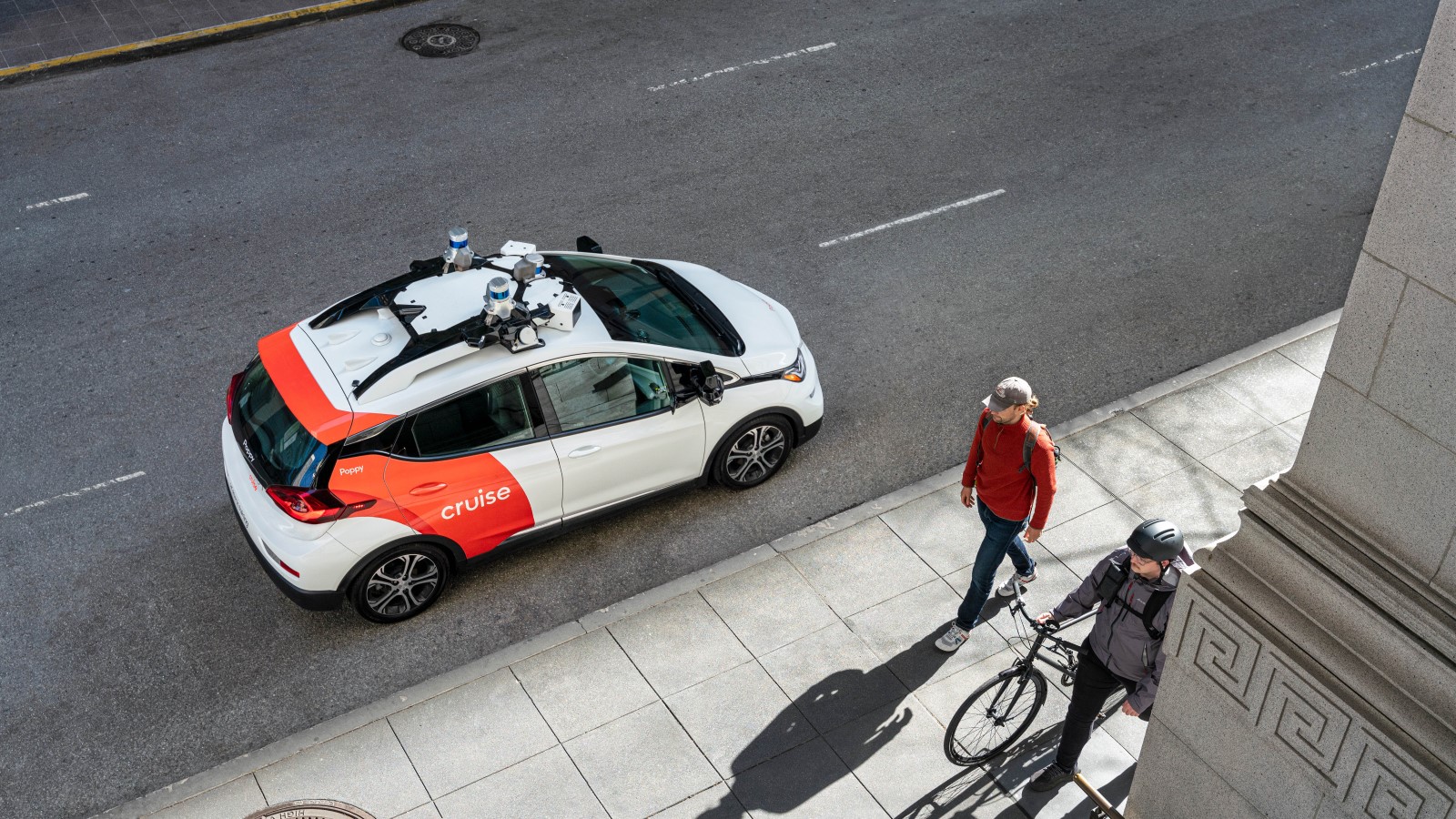Americans have less faith in the idea of self-driving cars this year than we had last year. And last year, we had very little faith.
Confidence improves, however, when people experience a ride in a robotaxi.
37% Is a Failing Grade
J.D. Power’s 2023 U.S. Mobility Confidence Index Study measures “six unique attributes of consumer comfort with fully automated, self-driving vehicles.” Researchers based the study on 3,000 online surveys of vehicle owners, “balanced to basic census demographics to be nationally representative.”
Related – Study: Americans Growing More Afraid of Self-Driving Cars
The study assigns a score out of 100 points to each of the six attributes. Consumer readiness for automated vehicles scored just 37 out of 100 – two points fewer than last year and five points fewer than two years ago.
Robotaxis Boost Industry to a D
Those who had ridden in a robotaxi scored 67. Robotaxis are currently legal only in parts of San Francisco, California, and Phoenix, Arizona
“This first-time feedback from robotaxi riders shows significant growth in consumer comfort levels,” notes Lisa Boor, senior manager of auto benchmarking and mobility development at J.D. Power.
Many Think Cars Are More Automated Than They Are
Survey results show that Americans do not understand automakers’ efforts toward automation.
The automotive industry uses a framework of five levels developed by SAE (formerly the Society of Automotive Engineers) to describe its progress toward automation.
Related – Self-Driving Cars: Everything You Need to Know
With one exception, the most advanced systems for sale today are Level 2 systems — they allow drivers to take their hands off the wheel briefly but not their eyes off the road under limited circumstances.
Mercedes-Benz sells a Level 3 system — one that allows drivers to take their eyes off the road under limited conditions — in California and Nevada. But that system, known as Drive Pilot, is so new that most drivers have never encountered it.
J.D. Power researchers found, however, that consumers don’t understand the distinctions between levels. “There is no distinction in the activities that consumers are willing to do in a vehicle (e.g., talking, texting, online searching) as the level of automation increases,” the researchers note.
A disturbing 22% of respondents “indicate that ‘Tesla’ or ‘Autopilot’ are fully automated.” All of Tesla’s automation systems, including its Autopilot and Full Self-Driving products, are Level 2 systems. A coalition of car safety research groups has recently called for standardized names for automated driving aids to reduce confusion.
Hacking, Privacy Worries
Related – Cars of the Future Will Likely Be More Vulnerable to Hacking
Seventy-eight percent of respondents worry that automated vehicles are vulnerable to hacking. “Consumers are not comfortable sharing personal information, which results from uncertainty as to what information is being shared; how the information is being used; whether it is being stored; and, if so, stored securely,” the researchers write.
Recent research bears that out, as a group of privacy researchers recently found that virtually no automaker meets minimal privacy standards with owner data.








